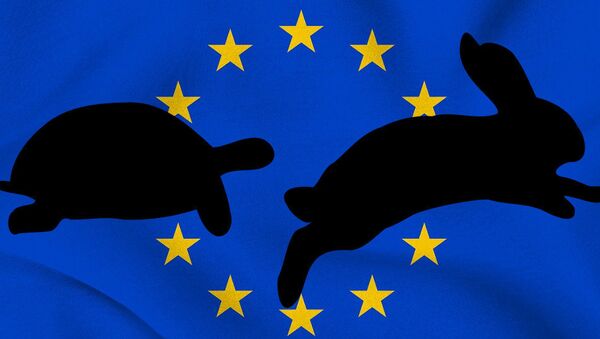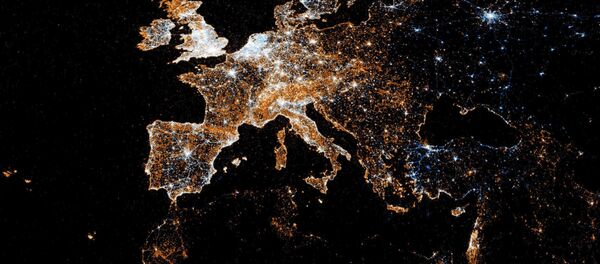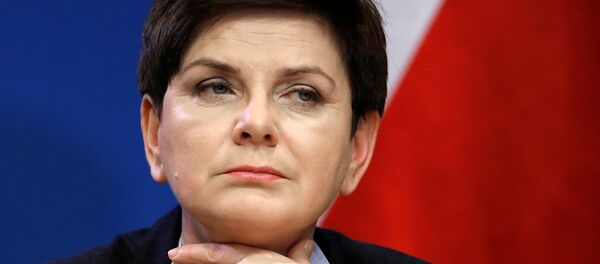“I think the process of creating a multi-speed Europe is inevitable because the countries, which want deeper integration of the European Union, should rid the EU of members opposed to this process and are slowing it down,” Leszek Miller said in an exclusive interview with Sputnik Poland.
He added that the countries inside the Eurozone would form the core of the further EU integration, both economic and political.
“This means that countries like Poland, which have done nothing to join the Eurozone, would end up as ‘second-class,’ in a multi-speed Europe,” Miller noted.
When asked about the future of the so-called Visegrad Group, comprising the Czech Republic, Poland, Hungary and Slovakia, Miller said that the decisions it takes are of little consequence to the EU as a whole and that Poland should focus more on working closer together with its “Weimar Triangle” partners Germany and France, which play a leading role in the EU.
He added that as an economic powerhouse with a surplus budget and a focus on innovations and high technologies, Germany was bound to become a leading force in the EU.
“Former French President Jacques Chirac once compared the EU to a horse-drawn carriage where Germany was the horse and France the coachman. I think that these days the Germans are both the horse and the coachman,” Miller noted.
Speaking about the much-trumpeted issue of Russian hackers allegedly planning to meddle in European elections, Leszek Miller said that his impression was that Poland is not in the focus of President Putin’s attention.
“I think that the Kremlin’s biggest problem NATO, not the European Union. However, by saying that Putin can elect the presidents of France, Germany, etc., the EU only admits its weakness.”
“I’m sure that it is the Germans who will elect their new chancellor and the French will elect their own President,’” Miller emphasized.
During an EU summit in Versailles on March 6, the leaders of France, Germany, Italy and Spain called for the creation of a so-called "multi-speed" Europe.
French President Francois Hollande said in turn that the option of a "multi-speed" Europe, with different countries integrating at different levels, has been resisted for a long time but is now being considered as a possibility.
Earlier this month, Polish Prime Minister Beata Szydlo said that the Visegrad Group countries had adopted a joint declaration on the future of the European Union, which is expected to be presented at an EU summit in Rome, due to kick off on March 25.
The Polish PM added that the key provision of the declaration was the necessity to maintain the bloc's unity and opposition to the divisions within the international organization.
Never miss a story again — sign up to our Telegram channel and we'll keep you up to speed!




